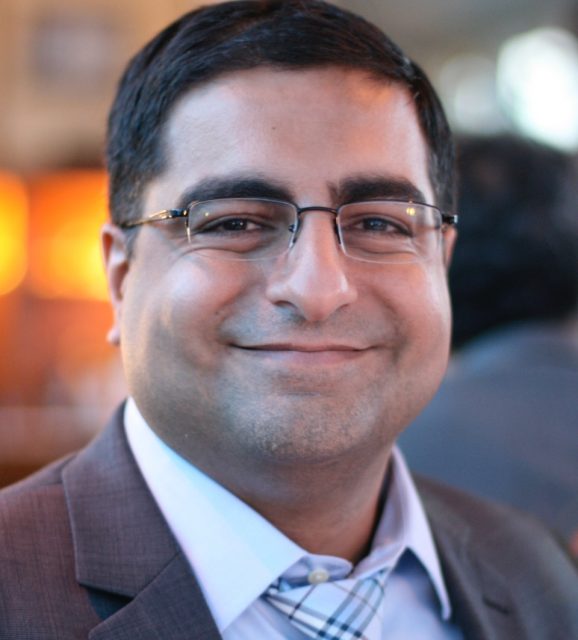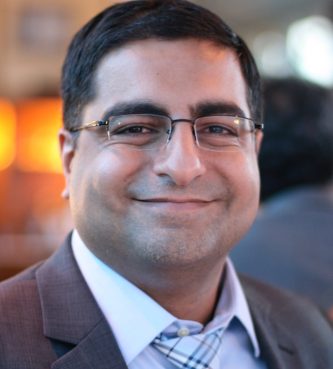(RNS) With each bloody act, Islamic State militants demonstrate their need for self-importance overrides any moral, ethical, or religious boundary. Peter Kassig’s beheading is a microcosm of all the Islamic State wants, and religion is not high on that list.
Kassig converted to Islam and took the name Abdul-Rahman, servant of the Merciful. By many accounts, his conversion was genuine and the result of the love he felt for the people he met while providing aid in Syria. His former military service could have made him reluctant to return to a region in conflict. Instead, he chose to go back and help people, risking his life to do so.
In comparison, the Islamic State exacerbates a worsening humanitarian crisis in Syria. It works to prevent aid workers like Kassig from doing their job. A broken population that has no hope is the best recruiting environment it can hope for. If Syrians get aid from Americans, it would destroy the narrative that Islamic State militants are caring for Muslims.
The Islamic State specializes in media manipulation. It uses videos of its executions to gain a response from more powerful adversaries, thus giving it more legitimacy. The world “Islamic” ties the group to something grander than political machinations and 15th-century wars. Its video game-style recruitment material exhibits a mastery of the language of modernity.
Ultimately, the group is a product of modernity, not religion. It’s interested in becoming a nation state, having a military, acquiring booty. Its members are modern-day marauders, more reminiscent of the 16th-century Mongols than the caliphates of the Abbasids or Fatimids. As a result, its interest in religion has no solid core from which to build. Like its kin, the Wahhabis in Saudi Arabia, its understanding of religion is nihilistic and exclusionary.
The Wahhabis worked with the British to kill Muslim Turks, because they weren’t Muslim enough. Their founding text, written in the 18th century, states that any deviation from the ideal is an aberration that must be destroyed. For these groups, calling oneself Muslim is tied intimately to ethnicity, gender, and money.
The Islamic State is simply the next iteration of the Wahhabi religion.
As the Wahhabi movement removed itself from the community of Muslims they did not want to recognize for fear of delegitimizing itself, the Islamic State is following a similar pattern.
Abdul-Rahman Kassig, as he called himself after a conversion to Islam, was the greatest threat the Islamic State faced. He provided relief and comfort to those in need. He practiced mercy and compassion, and in choosing his Arabic name, reminded people that these were divine qualities. The Islamic State could not let him, or others like him, live. Any deviance from its definition of what it means to be Muslim is a threat to its quest for power. Difference automatically shows that their claim to Islam is not the only one, nor is it representative. More importantly, Kassig shows that Muslims and non-Muslims, like beheading victim Alan Henning, are more invested in the care of Muslims than the Islamic State.
This group wants to represent Islam and Muslims. It crafts a telling of history to show that it is right, and its actions are normal. It needs to do this to make itself appear legitimate. But as long as people know the real history — and there are many more people like Kassig, Henning, or beheading victim Steven Sotloff — the Islamic State cannot maintain this fiction. Its actions have nothing to do with improving the lives of Muslims, but with killing Muslims and non-Muslims. Its goal is domination, not liberation.
YS/AMB END RASHID






